Despite their reputation, not all ginger cats are fat. They can be prone to weight gain due to their love for food and laid-back attitude so it’s important for owners to keep an eye on their ginger cat’s weight.
Although weight gain can be an issue for these cats, they are naturally larger in size as most ginger cats are males. This can give the illusion that ginger cats are fatter than other cats.
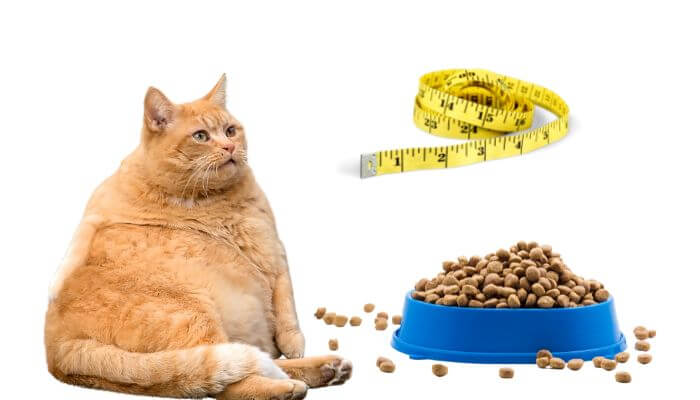
Contents
Are Ginger Cats Genetically Predisposed To Obesity?
No, ginger cats are not genetically predisposed to obesity.
A cat’s coat colour does not correlate with their weight. The ginger coat pattern can be found in several breeds and each breed has its own health issues to be aware of.
Any cat can gain weight if they are eating too much and living an inactive lifestyle. Ginger cats in particular are known for being lazy lap cats but it does depend on the breed (and the individual cat).
Ginger Cats Are Likely To Be Male
Due to the way the “ginger gene” works 80% of ginger cats are male. Male ginger cats are usually taller and heavier than the females.
This sexual dimorphism can give the impression that all ginger cats are fat when really they are just naturally larger because most are males.
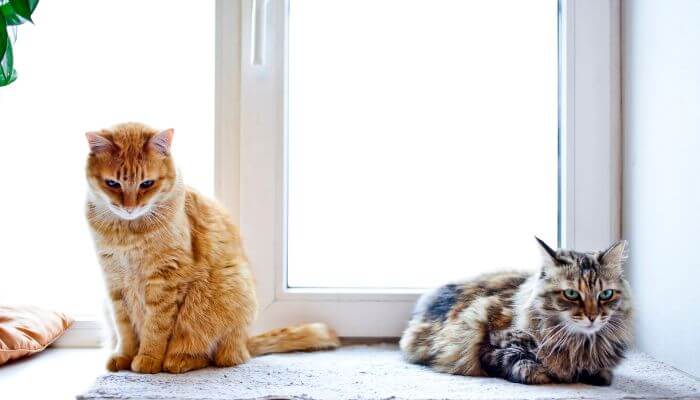
In addition to this, neutered cats can be prone to putting on weight as their metabolism slows down meaning they don’t require as many calories as they used to.
Cats can also experience an increase in appetite after being neutered so meals should be carefully weighed and portioned to prevent weight gain.
Are Ginger Cats Fatter Than Cats Of Other Colours?
Ginger cats are often thought of as being fatter than other cats but all cats can become overweight. As most ginger cats tend to be laid-back food-lovers they do put on weight easily.
These cats rarely turn down food so owners have to be careful to ensure they are getting a balanced diet and aren’t excessively snacking.
Reasons Ginger Cats Are Perceived To Be Fatter
There are a few reasons ginger cats are often thought of as fat:
- Garfield
Iconic comic strip character Garfield is a lasagne-loving overweight ginger cat.
The character is one of the most popular cats in the world and is most known for being lazy and passionate about food.
When thinking about ginger cats many people think of Garfield and assume all ginger cats are fat.
- Coat Colour
Ginger cats always have a patterned coat, it is never a solid ginger colour. The stripe patterns can make these cats look wider than they are.
- Fluffy Fur
Many ginger cats have a fluffy or fuzzy coat that makes them look larger than they actually are. If you’ve ever had to give your ginger cat a bath you’ll realise just how much difference all of that fur makes.
- Larger Size
When people see a male ginger cat next to a smaller female cat they may think the ginger cat is overweight even when the cat is not.
This is simply the result of comparison but ginger cats can be larger without being overweight.
What To Do If Your Orange Cat Is Overweight
In a healthy cat, you are able to feel their ribs, spine, and shoulders without applying much pressure. If you can’t feel these bones easily due to fat and your cat’s waist bulges rather than having a slight indentation they may be overweight.
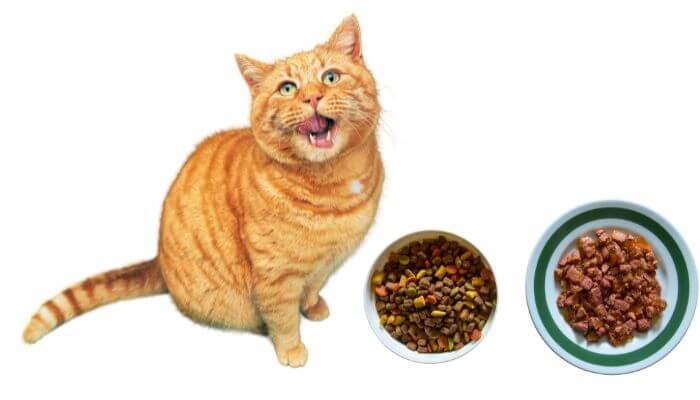
Follow these tips to help them get back to a healthy weight:
Increase Playtime
Playing is a great way to exercise your cat. Find your cat’s favourite toy and encourage them to run around hunting and chasing it. This not only allows the cat to display natural behaviours but it also gets rid of some of that excess energy.
Review Their Diet
Make sure your cat is eating the right amount of food each day and remember that treats add up too. Treats are often overlooked but they should not make up more than 10% of your cat’s daily calories.
If you’re not sure what your cat should be eating, chat with your vet for advice on an appropriate feeding regime.
Get Them Health Checked
Obesity is linked to many health problems and there may be a medical reason your cat has gained weight so a visit to the vet is essential.
Your vet will examine your cat and rule out any medical causes that could contribute to the weight gain. They will also be able to help advise you on managing your cat’s weight while ensuring they get the right nutrition.

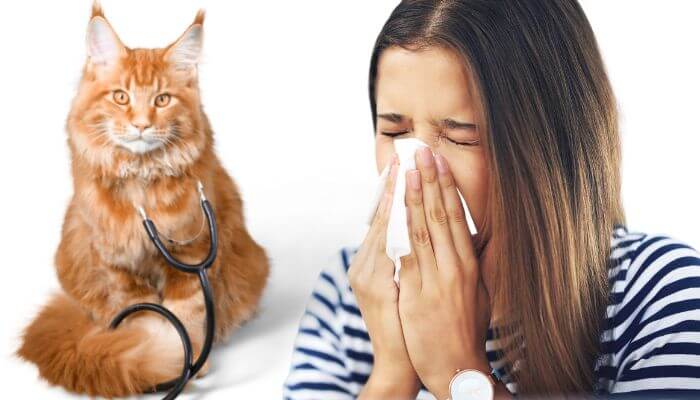
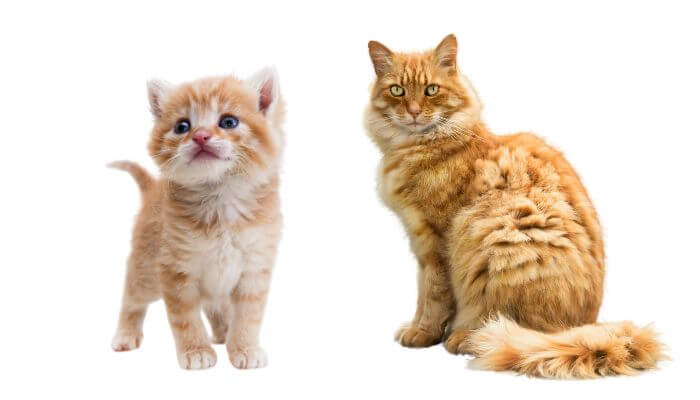
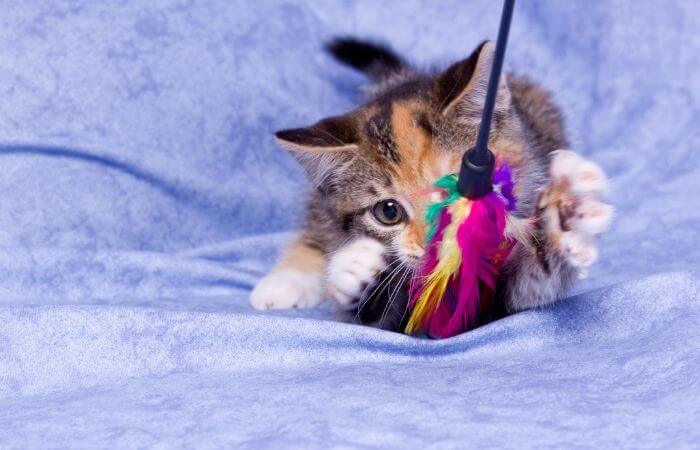
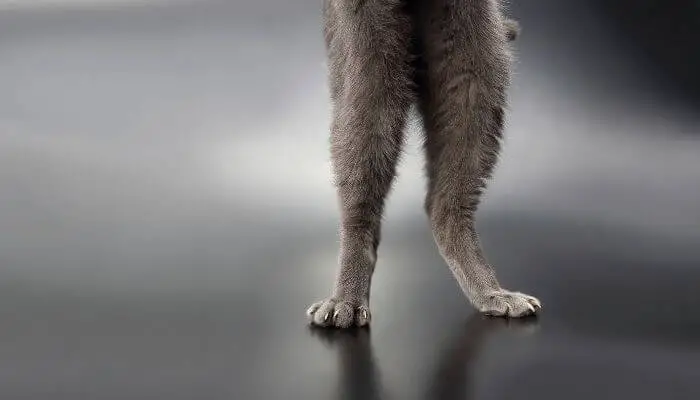
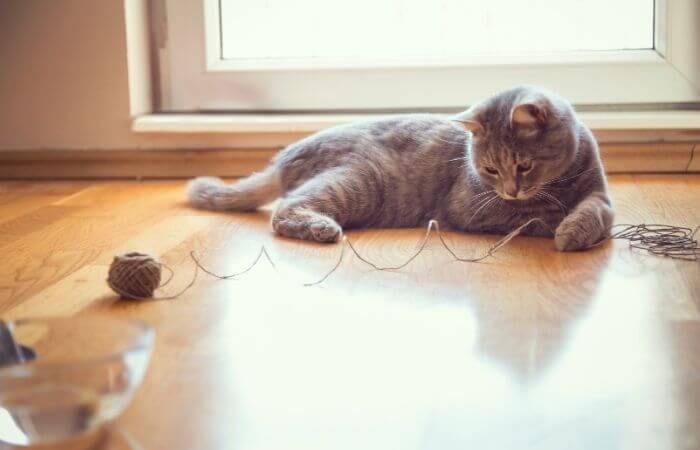
Leave a Comment